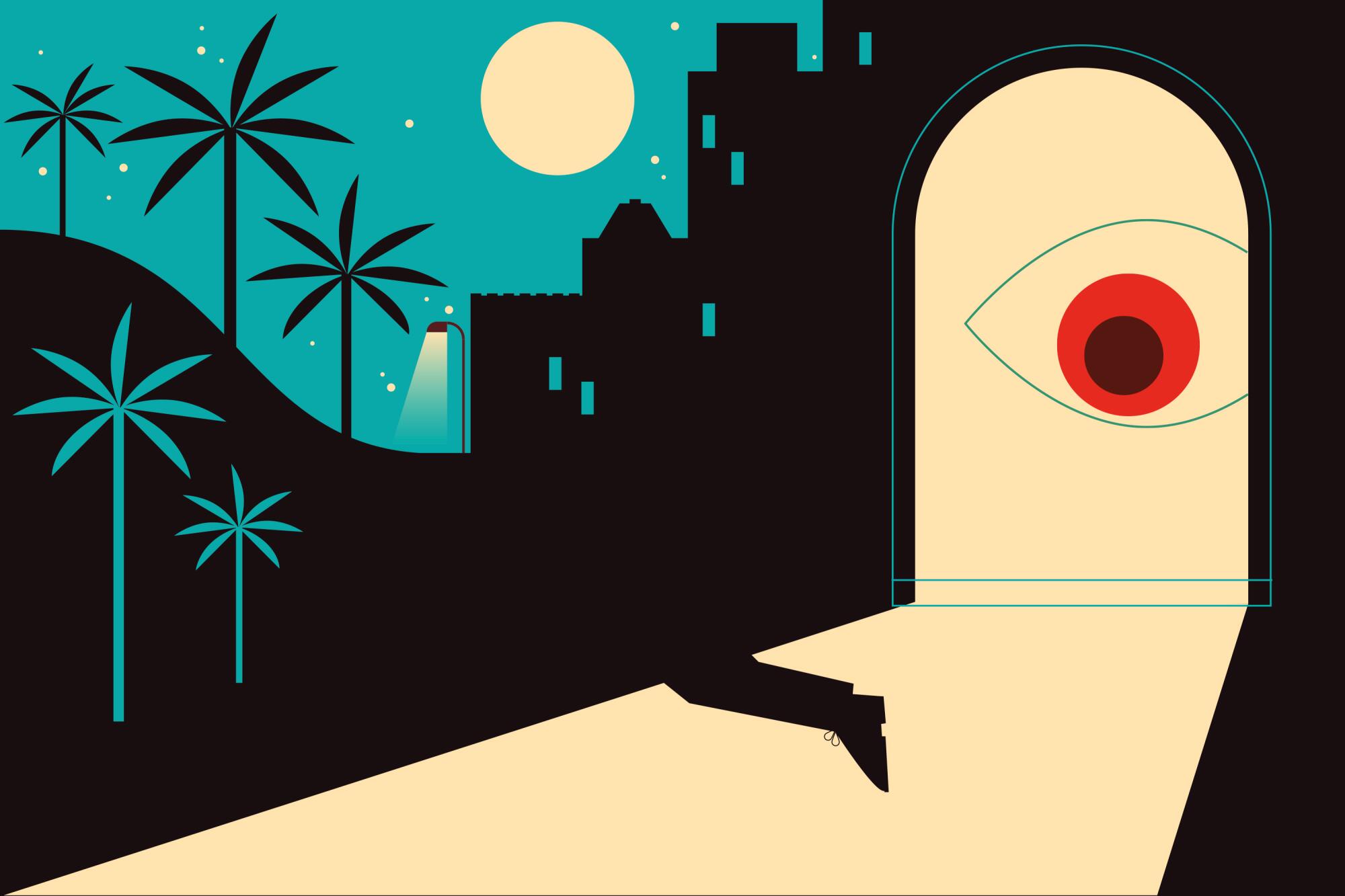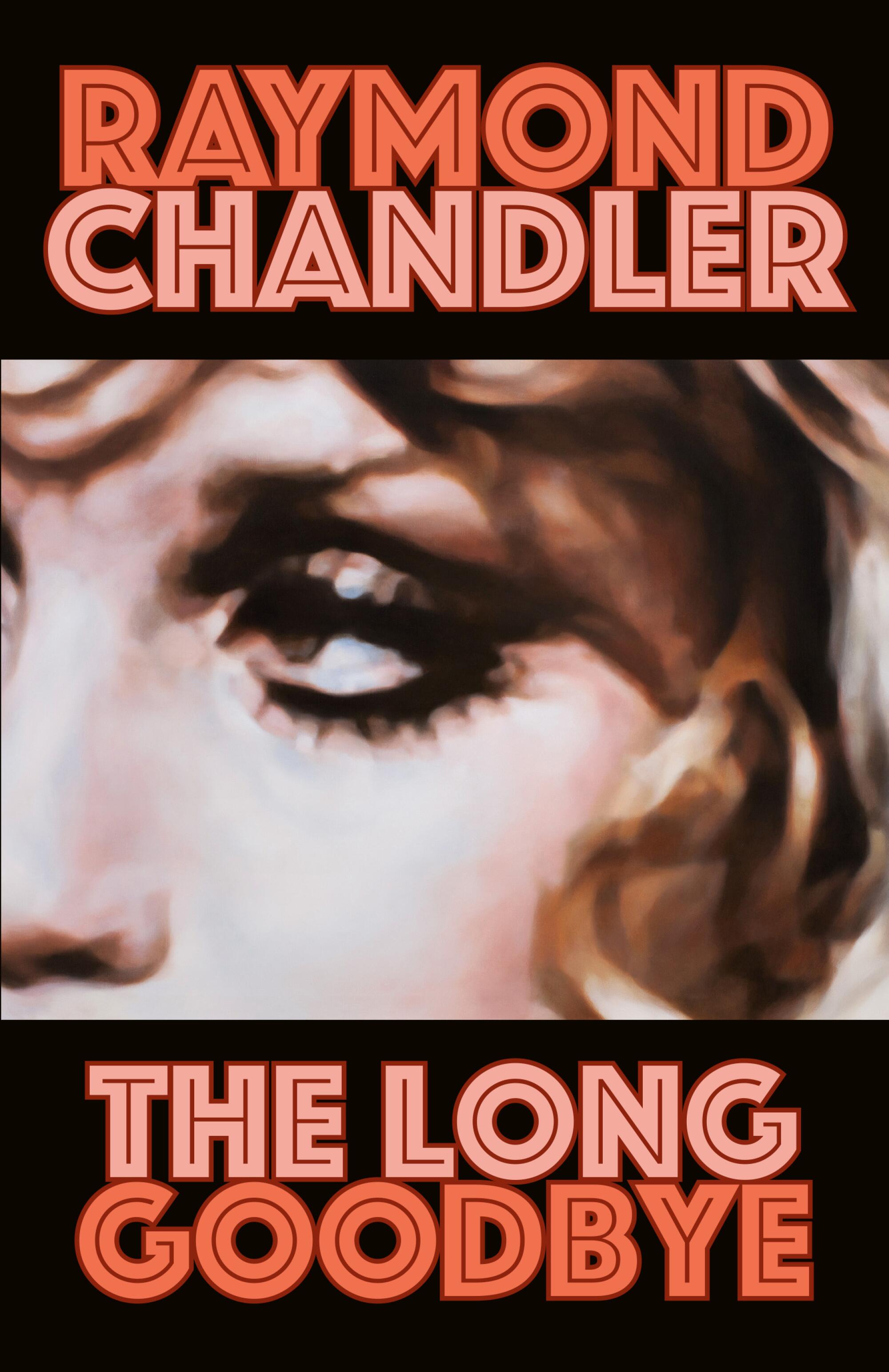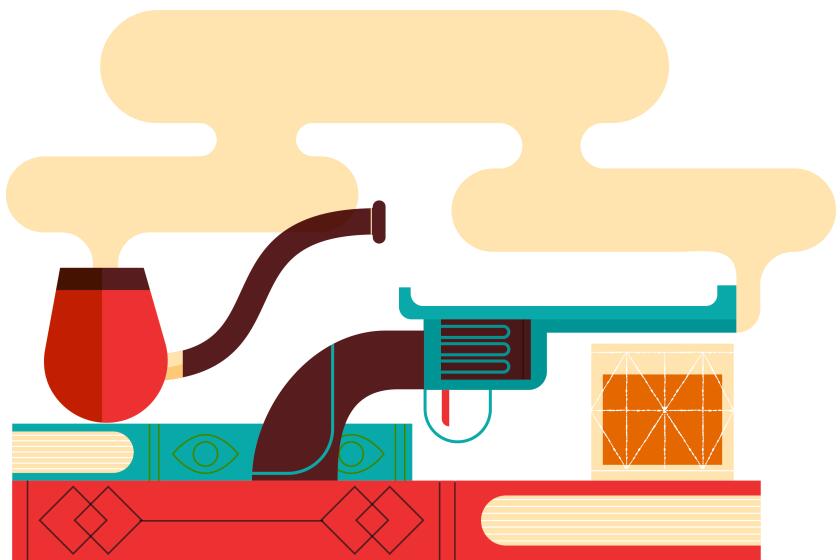
- Share via
It’s been almost exactly 10 years since I published my first book, and over the last decade of writing and talking about crime fiction, I’ve developed some strong, defined opinions about the power of the genre, its ability to reflect the light and shadow of our corrupt, beautiful, boundless world. My thoughts on the subject have become rather elaborate, and I can ramble about them ad boredom, believe me. But when I was a young writer, making that first uncertain, embarrassing attempt at the impossible task of writing a novel, there was only one reason I chose crime fiction, and that reason was Raymond Chandler.
I grew up in Los Angeles and was, like most eventual novelists, a hungry consumer of fiction. I read whatever came my way, through classes or Costco or the Los Angeles Public Library branches where I worked as a messenger clerk in high school. But I never encountered the rich literature of my hometown until my freshman year of college, when I was, for the first time, living away from L.A. I took a class on American detective fiction and read “The Big Sleep.” I don’t think there’s any way to overstate this: That book changed my life.

Maybe it’s because I was a Korean American girl, but I wasn’t used to seeing my own world reflected in the books I read. (During my teen years, my favorite novels were, rather tragically, “Catch-22” and “One Flew Over the Cuckoo’s Nest.”) I was used to reading about white men doing white man things, so it didn’t occur to me that I might enjoy fiction that pandered to my experiences. Chandler wrote about L.A. in the 1930s, but decades later I was struck by an overwhelming sense of fondness and familiarity as he took me through the streets of my own city. In the following months, I read “Devil in a Blue Dress,” then “L.A. Confidential.” My Los Angeles bookshelf filled up, book by book, with the glitter and gristle of L.A. noir.
As I made my way through Chandler’s oeuvre, I started fantasizing about a particular novel: I wanted to read a mystery with his tone and style, set in the L.A. that I knew, with a Korean American protagonist. When I realized this novel didn’t exist, I set out to write it. Chandler’s work is, as they say, a product of its time, shot through with the casual racism, misogyny and homophobia of a man born in the 19th century. There was plenty to do in a millennial update. As I drafted my first book, “Follow Her Home,” I found myself arguing with Chandler, even as I shamelessly tried to copy him.
The 13 most essential L.A. crime books — from Chandler, Hughes, Mosley and Ellroy to Steph Cha and Ivy Pochoda, with some ‘Helter Skelter’ in between.
Because of course I tried to copy him. He wrote with such irresistible excess and panache. He’d load up on high-flying similes and florid descriptions — of being “as empty of life as a scarecrow’s pockets,” of plants “with nasty meaty leaves and stalks like the newly washed fingers of dead men.” Then he’d hit you with a line of perfect weight and clarity — “He sounded like a man who had slept well and didn’t owe too much money.” Or one of my favorites: “Me, I was part of the nastiness now.”
Chandler has been dead since the Eisenhower administration. The culture has shifted about a million times since he wrote his last word, but he will never go out of style. He captured something essential about our city, tapped into its noir core and spilled the sticky sap on every page. Abuse of power and dirty money. Dreams lost in an oil sump. The stubborn hope for a better world.
Cha’s most recent novel, “Your House Will Pay,” won a 2019 L.A. Times Book Prize.
More to Read
Sign up for our Book Club newsletter
Get the latest news, events and more from the Los Angeles Times Book Club, and help us get L.A. reading and talking.
You may occasionally receive promotional content from the Los Angeles Times.












